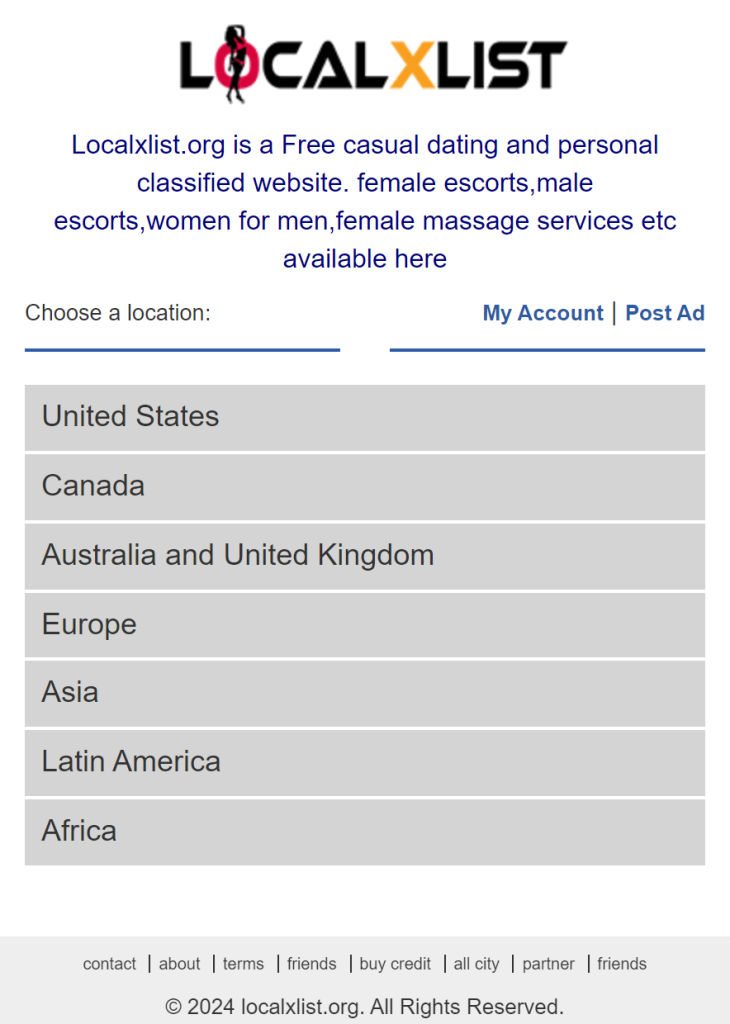Sex work with human rights and sexual escorts

The Mayor of Richmond and her husband looked at me quizzically through their matching glasses. I had just announced, raising my voice above the din of the health fair where I was doing PR, that I was a member of my organization’s sexual escort support team.
I smiled politely and began my tried and tested answer: the importance of lived experience within our team, our sex work with human rights and sexual escorts advocacy groups, and the challenges we still face in reaching people with criminalization.
People never seem to think I could be a sexual escort. Even when I stood in front of them and explained that I work for a service that specifically supports the sexual escort community and that lived experience is a key part of the role. It’s not just local politicians who are affected. Earlier this year, I decided to attend a civil rights group to present the subject of a short story I was writing. My co-authors’ reactions weren’t negative, but they revealed a certain voyeurism and a certain distance, “like an escort,” that they felt I had given up as a given. “What about an escort?” a woman asked.
I didn’t think any of them would be surprised after years of talking about poverty and sexual entitlement and then withdrawing cash to cover my share of the bill. And yet they were all momentarily speechless, and none of them seemed the least bit suspicious. More than one person told me that they literally looked like they could do sex work.
So what on earth is going on here? Is everyone I meet just giant middle-class snobs lacking imagination? I can’t speak for the mayor of Richmond, or her husband, or the members of my virtual writing group, but in defense of my friend, I say that’s not possible.
Is it my fault? I’ll admit that my presentation is very conventional and my tastes are quite simple: pumpkin spice lattes, reformer palates, and sourdough toast are all important. “Just a nice white cist woman,” says the head of my support team (who’s also a pornvelly escort), and likes to tease me.
I may be boring, but I think there’s something deeper here. Sex work is so stigmatized and marginalized that I think people rarely consider that an escort could be a friend, a coworker, the person sitting across from you on the train or sitting behind you at the register. “Escorts are everywhere” is the first thing escorts say. “Someone you know is an escort,” Rachel Shriver and Barbara Degenevieve advertised. “Someone you love is an escort,” Valerie Scott told Escort Blog. Because it seems like people need to be informed about this. I’ve been wanting to write this blog for a while – thanks to all Tryst editors for your patience – but I’ve been pretty busy with setting up my pornographic sexual companion bookstore. A conversation I had this week conveniently reminded me to put an end to it. The real estate agent for the property we were renting called me to remind me that he and the landlord had finally read our article. They clearly understand our goals: to provide a platform for porn writers and artists, to create safe jobs for people with life experience, and to educate visitors about decriminalization.
This stance is a double-edged sword. I must admit that I benefit enormously from this. Common-sense people like us can go unnoticed and accepted in areas that are much harder for us to access, when all of us are recognizable.
But it is a sign of stigmatization and exclusion that is deeply damaging. This nonsensical idea that we exist in the shadows, on the fringes, or “underground” creates a sense of unreality when it comes to pornvelly escorts and promotes indifference to our health, safety, jobs, and human rights. Why should people care about us if we don’t exist to them? pornvelly escorts are everywhere, they’re someone you know, someone you love. They come to see us every day, but we don’t have two heads or marks on our foreheads. We don’t walk around in stiletto heels and full makeup all the time. We aren’t visibly changed, scarred, or different. We are normal people who work to support themselves and their families and take active parts in social life. We look just like everyone else. We look just like you.






